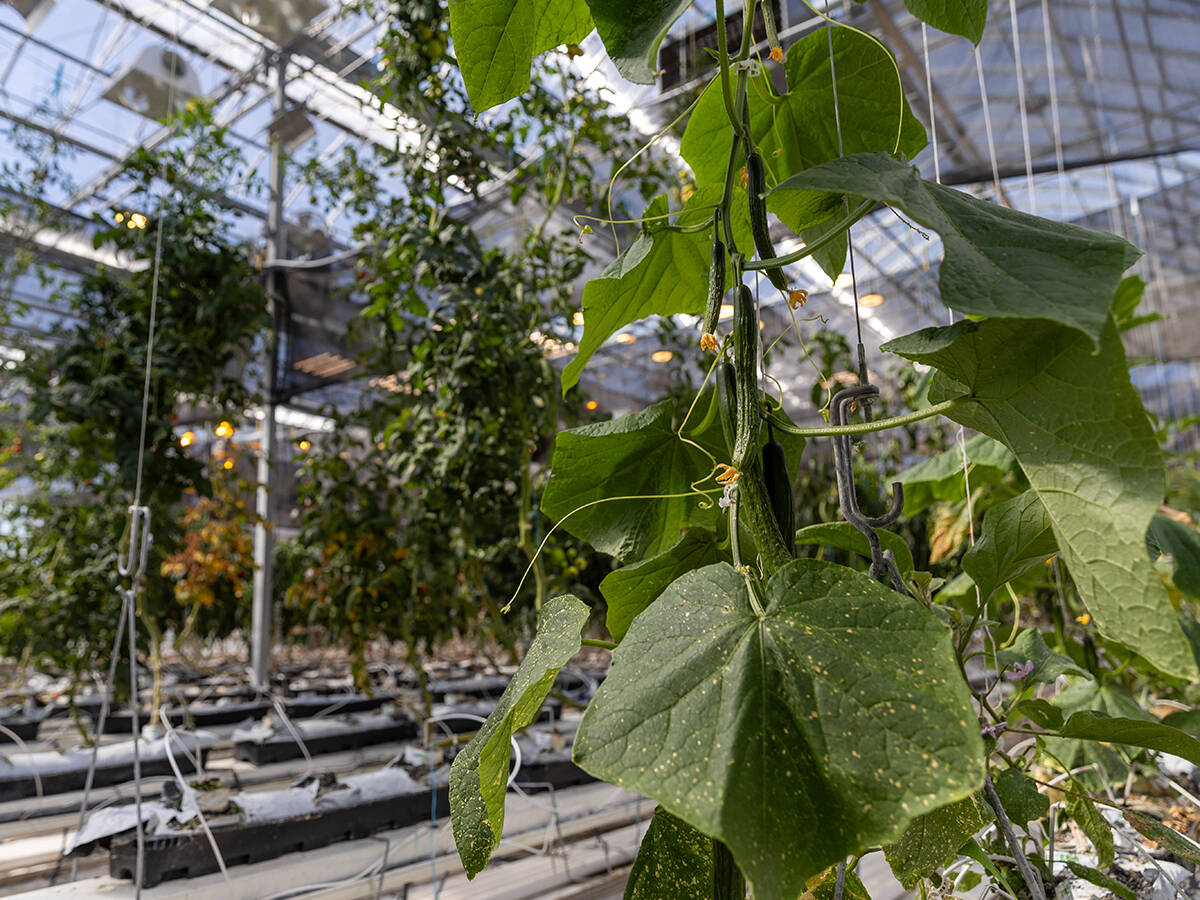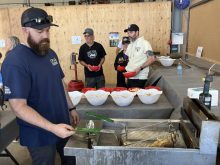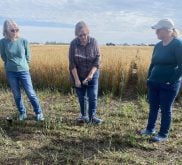A deal between the American Farm Bureau Federation and Deere and Co. will ensure farmers have the right to repair their own equipment or go to an independent technician, says the farm group.
“This will enable you and your independent mechanics to identify and fix problems,” said Zippy Duvall, president of the farm bureau, which claims a membership of nearly six million producers.
“You will have access to the diagnostic tools and information you need. And you’ll get it at a fair and reasonable price.”
Read Also

Lethbridge research farm lease renewed for 20 years
Lethbridge Polytechnic and the Government of Alberta have signed a 20-year renewal of a land lease agreement for the institiution’s research farm.
Equipment makers such as Deere have generally required customers to use their parts and service divisions for repairs and until recently, only allowed authorized dealers the means and tools to access the complex computerized systems of their tractors and other machinery.
Dave Gilmore, Deere’s vice-president of ag and turf marketing, said the company looks forward to working with the farm group and “our customers in the months and years ahead to ensure farmers continue to have the tools and resources to diagnose, maintain and repair their equipment.”

The memorandum of understanding it signed with the farm bureau aims to find a solution to the “right to repair” debate in the private sector, rather than through legislation or regulation, according to the document. It benefits farmers and independent repair facilities in the United States and Puerto Rico, for the “lawful operation and upkeep of agricultural equipment,” it states.
Among other things, it says equipment owners and independent technicians cannot compromise any safety measures and protocols on the equipment; that Deere’s intellectual property, including its software, are protected from infringement; and no federal and state emissions control requirements can be compromised because of modifications made to the machinery.
But it also pledges that farmers (or an independent repair facility chosen by the farmer) will have “electronic access on fair and reasonable terms to manufacturer’s codes and data.” This includes being able to get parts and service manuals and access to “on-board diagnostics” as well as service demonstrations, training, seminars or clinics.
Some farmers have questioned whether the agreement can be enforced given there’s no legislation behind it. They also note that the memorandum of understanding allows to Deere to pull out of the deal if Washington or any state government passes right-to-repair legislation.
However, a farm bureau official told National Public Radio that a private deal with Deere was the best option and better than “a patchwork quilt of different rules across state lines.”
The right-to-repair movement has gained steam as input costs have surged in recent years, as has the price of repairs.
For Deere and rival equipment manufacturers such as CNH and Agco, repairing machinery has given them a solid boost for their parts and services business. Consumers have filed a slew of lawsuits against Deere over the issue, and the Biden administration has been pushing for more competition in the rural economy amid rising inflation.
Duvall said farm bureau officials will meet regularly with Deere to discuss “solutions to the challenges farmers are facing in repairing their equipment” and said he hoped other farm equipment makers would take similar steps.















